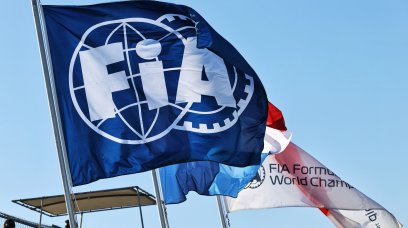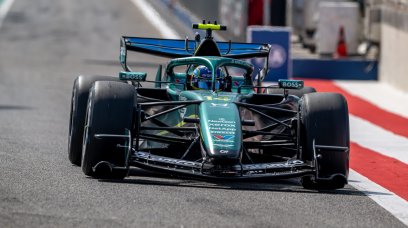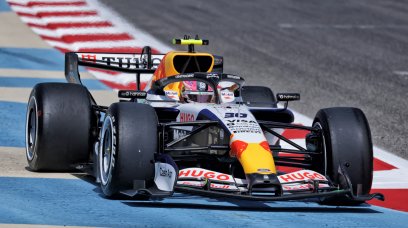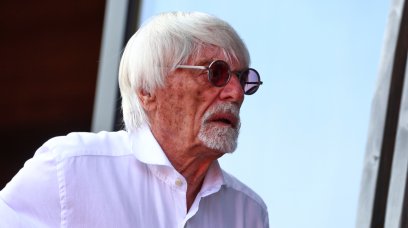When George Russell suffered a terminal engine failure during last year's Australian Grand Prix, it looked like it would shape his sophomore Formula 1 season at the Silver Arrows. During the long 22-race calendar, drivers originally only had three power unit elements including the ICE, MGU-H, MGU-K, and Turbo Charger to play with. Russell and five other drivers appeared to be in trouble. This was later adjusted to four per-driver by the Azerbaijan GP, following widespread consultation among the F1 Commission. The impacts of engine reliability were seen throughout the year, including on Charles Leclerc at Singapore which influenced their end-of-season battle with Mercedes. The 2024 season is set to be the longest in F1 history, so mercifully the F1 Commission agreed to keep the increase in "power unit allocation" to four per-driver for this year and 2025 - despite it originally planned to return to three. It might come as a relief for some teams, but it will still be a "big challenge" to ensure they do not go outside of this strict allocation, according to Mercedes Managing Director of High Performance Powertrains, Hywel Thomas. "It's quite a big challenge. We know that not finishing races is detrimental to your points scoring so it's a huge focus," said Thomas. "The change to the regulations to ensure we still have four power units across the season is helpful. But we know that with the longest calendar in F1 history, our ability to create the most reliable and performant product possible will still be tested."
2024 as a 'solo year' to throw up challenges
The FIA has frozen the development of power units until 2025, however teams can still make reliability improvements to extract more power along with improvements to their software on the electrical deployment. "We're always looking at how we maximise our part, but also how we work together to create the strongest possible package. Despite the homologation of the power unit, there's still performance we can bring," said Thomas. "We are focused on providing the highest performing, but also the most reliable product we can. This year, reliability is arguably even more important than in 2023." The current power unit homologation is designed to afford space for manufacturers to look ahead to the next big regulation change in 2026, including reduced hours on the dyno. This is going to put extra strain on the power units departments for 2024 according to Ferrari Power Unit Technical Director, Enrico Gualtieri. "In terms of a solo year, 2024 will be a challenging year for the power unit department," he told media, including RacingNews365 . "Because the 2026 [engine] program is starting to become more and more present in our development route, we are entering the stage in which we are developing the core parts of the new power unit. "This season we will add further reduction on the dyno hours that we can deploy on the current power unit. So by definition, we are reducing the effort that we are putting on the on the current engine. "Despite this challenge, at the end we are focused on the 2024 season as well. We know how it will be challenging for the components for the power unit, so the focus is really, really high on the season that we are about to start."
Most read









